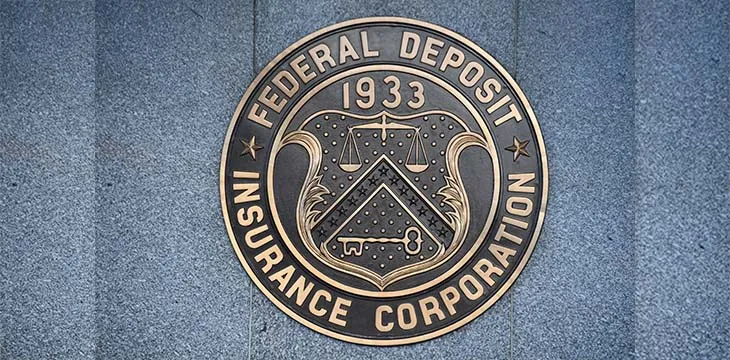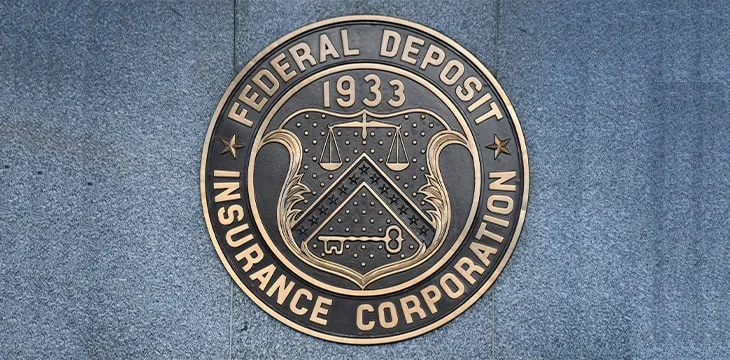
Insurance
Indian finance minister urges AI-driven overhaul of insurers
Apart from emphasizing the critical role of AI in modernizing PSGICs, FM Nirmala Sitharaman also acknowledged the contribution of fintech...
Block Dojo latest: Streamlining Web3 training, real estate sales and car accident reporting
This week’s CoinGeek Conversations explores innovative ventures in the Block Dojo incubator program: Rafaela Azevedo’s The Chain Academy; Kenneth Kelly's...
OKCoin’s fake insurance claims draw the ire of FDIC
OKCoin exchange has claimed in at least three separate instances that its customers enjoy insurance protection, which the FDIC wants...
FDIC warns CEX.IO exchange against misleading insurance claims
The FDIC issued a cease and desist letter to CEX.IO demanding that it removes all references to FDIC insurance as...
FTX US, several others get cease-and-desist orders over deposit insurance claims
Several digital asset entities were served cease-and-desist letters for falsely claiming that the FDIC insures a number of their crypto-related...
Federal insurance doesn’t cover digital asset companies, FDIC clarifies
FDIC insurance doesn’t protect against insolvency, default, or bankruptcy of any non-bank entity such as digital asset exchanges, custodians, or...

 07-09-2025
07-09-2025 




























